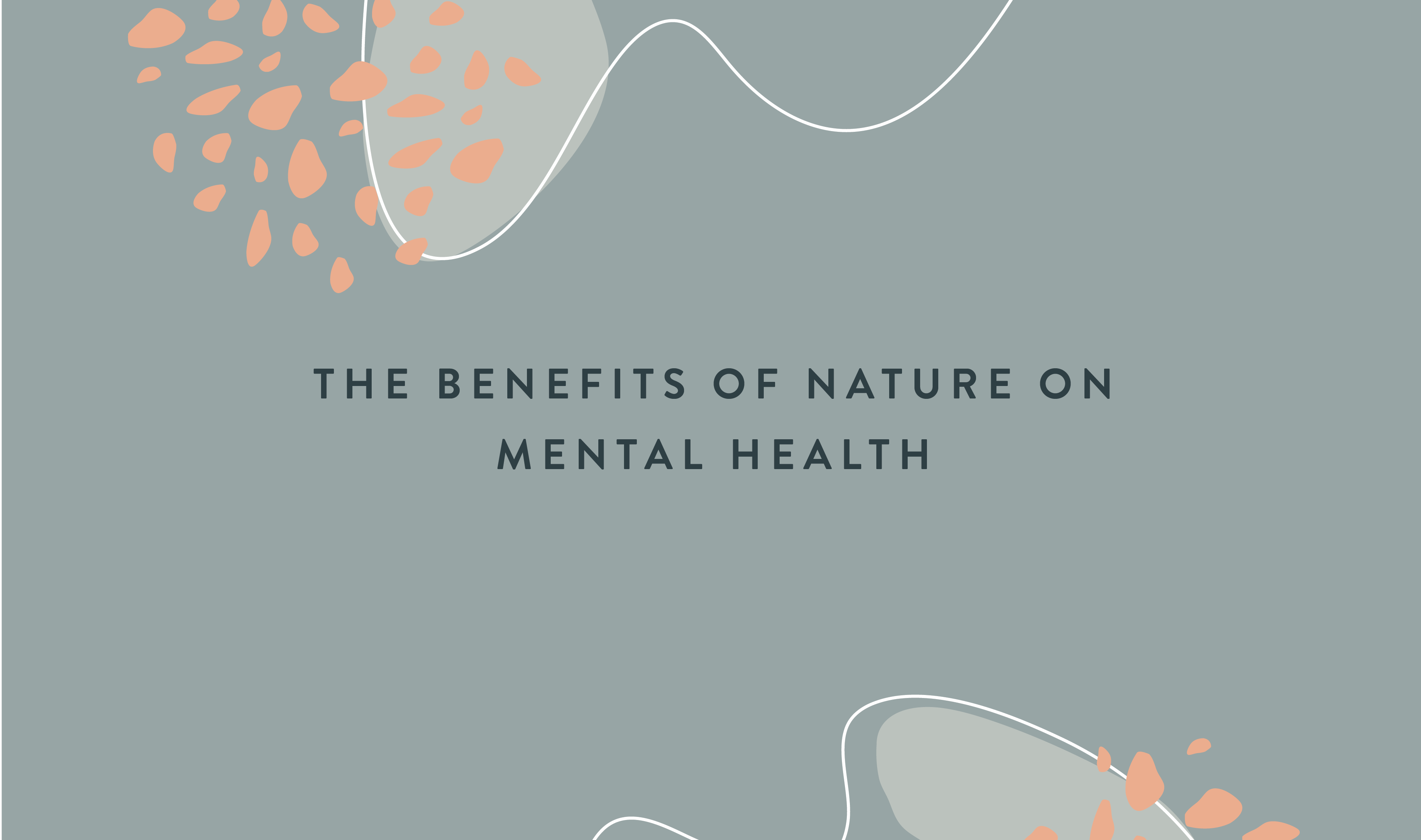
As I enjoyed some time in Tabuk, North West Saudi Arabia in the midst of the Deza Sand Mountains surrounded by amazing, beautiful high sand mountains, I reflected on the impact of nature on mental health and how the two are interconnected. Ecotherapy, also known as Nature Therapy or Green Therapy is the applied practice of ecopsychology and stems from the belief that people are part of the web of life and that our psyches are not isolated or resperate from our environment. Ecotherapy is used to improve your mental and physical wellbeing through doing outdoor activities in nature and there is a depth of research to support this relationship.
Benefits of Ecotherapy
Connecting with nature on a daily basis can have many positive benefits for your mental health, in as little as 20 minutes. Ecotherapy can not only help you manage an existing mental health problem, also holds the potential to help prevent future ill health. Spending time in nature has a positive impact on concentration, helps to improve learning, problem solving, critical thinking, capacity, and creativity. Ecotherapy can make a significant difference to how you feel mentally, by helping you feel more grounded, providing a new lens for or perspective on life, and supporting mind and body relaxation. Positive emotions are encouraged through this time in nature such as strengthened individual and emotional resilience, improved mood and self esteem, increased coping skills, and reduced stress, anger, and depression. When you have something pleasant to focus on, like the mountains and natural landscape surrounding you, this sight helps distract your mind from negative thinking. Through this, your thoughts become less filled with worry, and more filled with support and ease. Just the act of being one with nature reduces your anger, fear, and stress which brings down your cortisol level. In a study conducted by Mind, a nature walk reduced symptoms of depression in 71% of participants, compared to only 45% of those who took a walk through a shopping center. This simple shift in environment allowed for symptoms such as anxiety, sadness, restlessness, and fatigue to decrease, if not disappear.
SPENDING TIME IN NATURE HAS A POSITIVE IMPACT ON CONCENTRATION, HELPS TO IMPROVE LEARNING, PROBLEM SOLVING, CRITICAL THINKING, CAPACITY, AND CREATIVITY.
Ecotherapy Activities
Ecotherapy is a broad term, encompassing many nature-based approaches to healing, many types of interventions are used. These activities include nature meditation, horticultural therapy, animal-assisted therapy, physical exercise outdoors, and conservation activities. More specifically, activities such as gardening, farming, and running or cycling outdoors allow for time and connection with nature. Taking part in any of these activities have the ability to benefit your mental health and wellbeing in the ways expressed above, as various elements of nature allow for these benefits.
The beneficial effects of nature on mental health comes from through each of your senses in an experiential sense, not only sight. If your schedule does not allow for 20 minutes a day to connect with nature, the use of audio replicating the sounds of nature such as birds singing or waterfalls flowing can allow for you to reap some of the same benefits as if you were in nature. Listening to this natural audio will still allow for a reduction in stress and therefore, lowers your cortisol level.
Where do you like to spend time in nature? Comment below!
